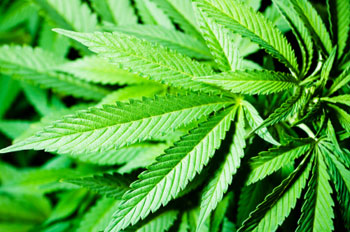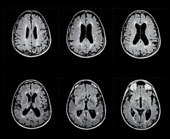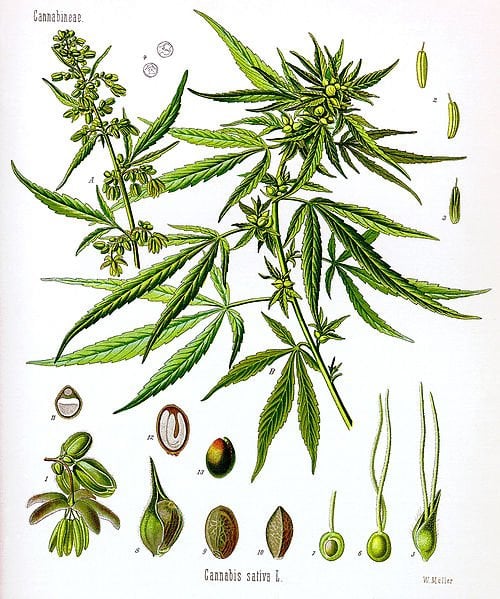
“Ruth Djaldetti, M.D., of Tel Aviv University in Israel, presented the findings of her research at a recent International Congress on Parkinson’s Disease and Movement Disorders. She reported improvement in tremor, pain, rigidity and bradykinesia (slowness of movement). Twenty subjects, all in their mid-sixties, and were rated using the Unified Parkinson’s Disease Rating Scale (UPDRS) both before and after smoking. Their overall “before” scores were over 30 and within 30 minutes of smoking, their scores dropped to 24.. Their tremor scores averaged 7.5 on the UPDRS before and dropped to a score of 3.5 after smoking cannabis. Bradykinesia scores dropped from 13.2 to 8.6 and rigidity went from 7.4 to 6.4. Dr. Djaldetti also saw a marked relief in the pain her subjects were experiencing and this relief of pain led to better sleep and feeling more rested.
This bears out the results of other studies. A study done in Great Britain that was published in 2011 found the principal ingredient in cannabis provided neuroprotection for people with Parkinson’s disease. Its neuroprotective properties included reduction of inflammation and control of spasms, making it an ideal drug for treating Parkinson’s. However, its confusing legal status make it very difficult for people to obtain or consider using and for doctors to even recommend to patients.
Another interesting study done in 2010 found that cannabinoid receptors are located in many parts of the brain and that cannabinoids are produced naturally in the brain. People with Parkinson’s have even higher levels of endocannabinoids (cannabinoids produced within the brain). The main ingredient in cannabis, Tetrahydrcannibol (THC) actually increases dopamine production temporarily. Cannabidiol (CBD) another component of cannabis, also provides neuroprotective properties and has been shown to reduce dystonias . CDB could be a very vital improvement for treating Parkinson’s, and a recent study has shown it useful in treating certain cancers as well.
While there have been many, many people reporting the anecdotal benefits of smoking cannabis, clinical trials are lagging behind. Laboratory and animal studies have shown many benefits, but perplexing issues around the legality of cannabis are slowing the efforts and impeding progress.”
http://parkinsonresearchfoundation.org/blog/2013/07/11/parkinsons-symptoms-reduced-by-smoking-cannabis/






